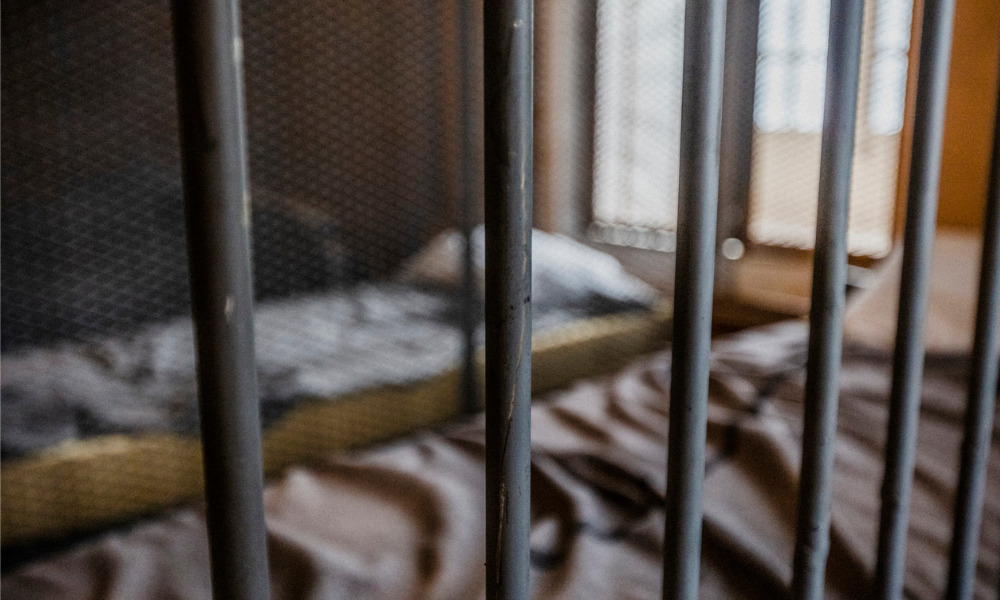IBA also calls attention to overrepresentation of Indigenous people in correctional facilities

Since the living conditions in correctional facilities could cause a rapid spread of COVID-19, the Indigenous Bar Association in Canada is calling upon federal, provincial and territorial justice ministers and attorneys general to take certain steps to protect Indigenous inmates, who are particularly defenceless against the pandemic.
According to the IBA, many Indigenous people detained in these facilities suffer from “serious and chronic pre-existing health and medical conditions [which] put them at serious and disproportionate risk of severe illness and fatality.”
The IBA is urging government officials to respect the rights of incarcerated individuals as stated in the Charter of Rights and Freedoms, the United Nations Minimum Standard Rules for Treatment of Prisoners, and the United Nations Declaration on the Rights of Indigenous Peoples, by effecting the immediate release of Indigenous inmates who are identified as low-risk or non-violent, or inmates who are pregnant, over 50 years old or suffering from pre-existing medical and chronic health conditions.
Indigenous inmates who are close to the end of their sentence, who are almost eligible for parole or who may be subject to adequate supervision in their communities should also be immediately released, said the IBA in its news release.
For Indigenous inmates who are dangerous offenders or who pose a significant risk upon their release, the IBA urges government officials to immediately implement COVID-19 protection plans that are tailor-made for Indigenous inmates and that take into account the legacy of colonization.
For Indigenous inmates who cannot be released, the IBA calls upon justice ministers and attorneys general to ensure that these inmates have access to medical and mental health care, personal protective equipment, other critical supplies and enhanced cultural supports. IBA also seeks the implementation of the measures stated in the Mar. 24 open letter of the Union of British Columbia Indian Chiefs, and of the recommendations of the Correctional Investigator of Canada.
As well, correctional facilities should not adopt isolation measures that amount to segregation punishment for COVID-19-positive inmates, the IBA said.
In its news release the IBA also called attention to the overrepresentation of Indigenous people in correctional facilities in Canada. In January, Correctional Investigator Ivan Zinger reported on the worsening “Indigenization” of Canada’s prison system.
“For decades, Indigenous peoples have consistently decried the justice system’s failure to respond to the alarming and disproportionate Indigenous incarceration rates in Canada, which have steadily increased and surpassed crisis levels,” said the IBA.










